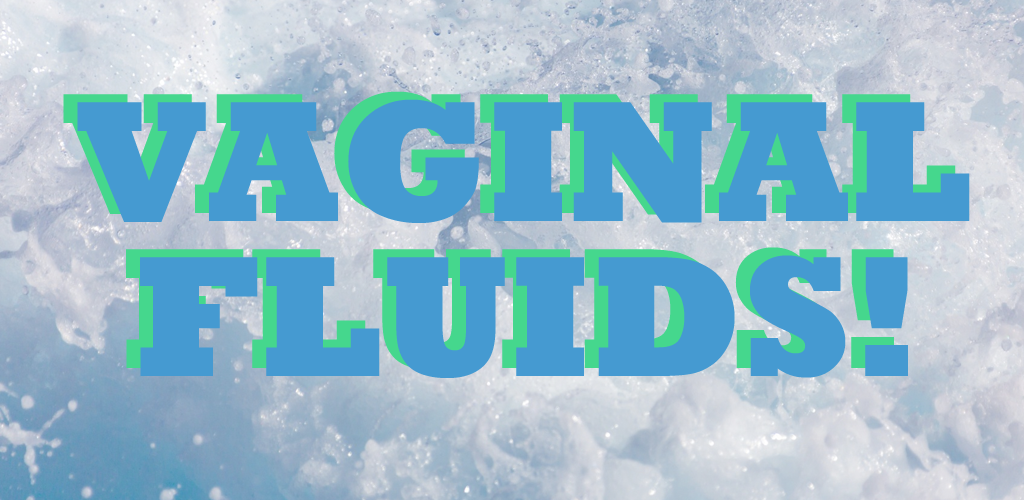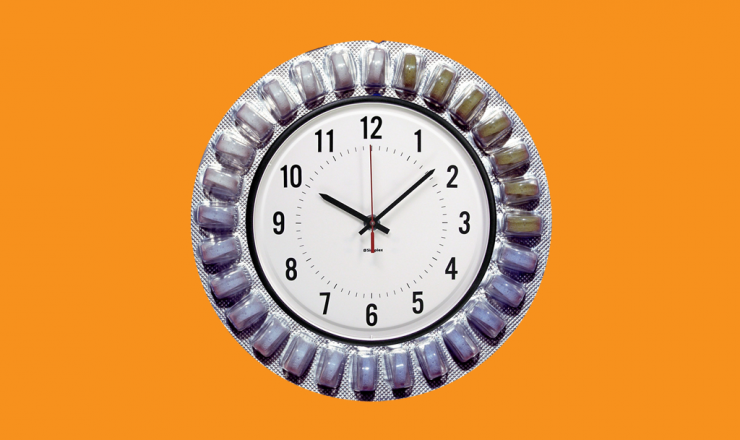

Creating fluid is a natural part of the vagina’s* function. Vaginal fluids help the vagina clean itself and make sure that the vaginal environment is healthy and working! These fluids also naturally lubricate and moisten the vagina so that it’s more comfortable for something to go inside it.
Vaginal fluids are produced by glands in the cervix and vagina and contain different kinds of liquids and tissues from the body. Vaginal fluid can come in different textures, with different scents, and there may be more of it sometimes and less of it other times. Different aspects of your daily life – such as your diet, your stress levels, sexual activities and your menstrual cycle – can all affect and change your vaginal discharge. Given all the factors that can affect how much and what your vagina discharges, it totally makes sense that you would have questions about it! But don’t worry – this helpful guide will help you determine what’s probably fine, and what might be a sign that you should visit a doctor or clinician.
Since every person is different, everybody is going to have different versions of what healthy vaginal discharge is like for them.
However, there are some general characteristics to look out for to make sure that your vaginal fluids are healthy:
There also some general characteristics of vaginal discharge that could be unhealthy, and may signal that you have an STI or an infection:
If you feel like you’re experiencing any combination of these types of fluid characteristics, don’t hesitate to visit your local health clinic or family doctor to get tested, and if necessary, get treated.
| Some extra tips: |
|
If you have questions about this topic, feel free to contact one of our peer educators. [Link]
Last Updated: April 2020
*We know that these aren’t the words everyone uses for their bodies (eg. trans folks), and support you using the language that feels best for you.

Teen Health Source is proud to be marking 25 years of providing peer sexual health information to youth across the GTA!

Remembering to take your birth control pill at the same time every day can be tricky. This post covers what people can do in the event that they are late/forget taking a pill.

OHIP+ came into effect on January 1st, 2018, and it makes many medications free for children and youth up to age 24. But which types of birth control does it cover? We break it all down in this post!